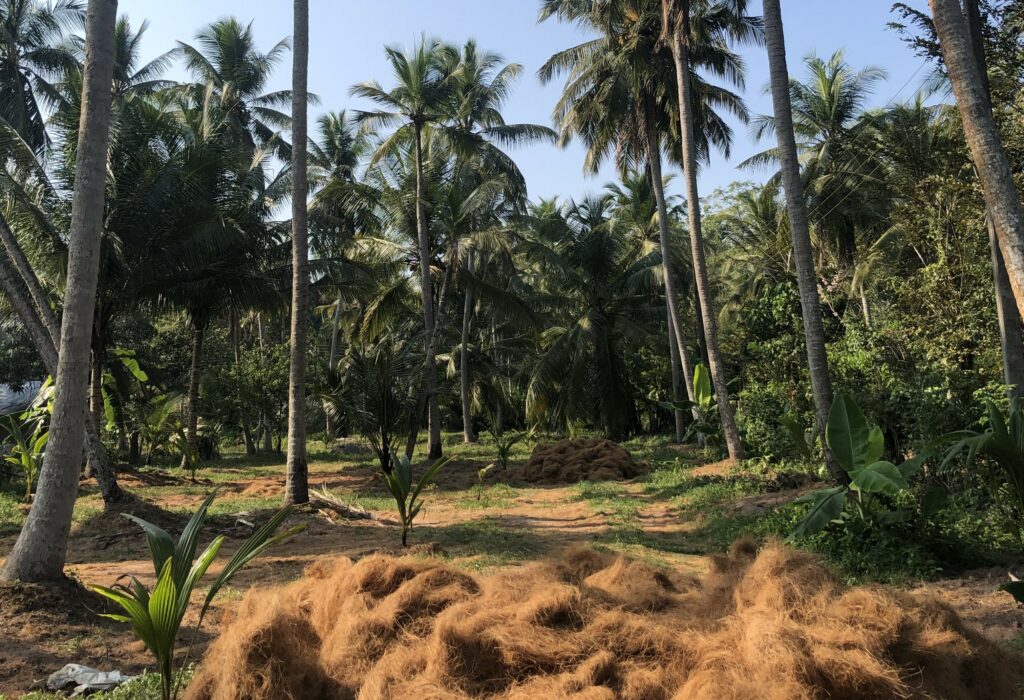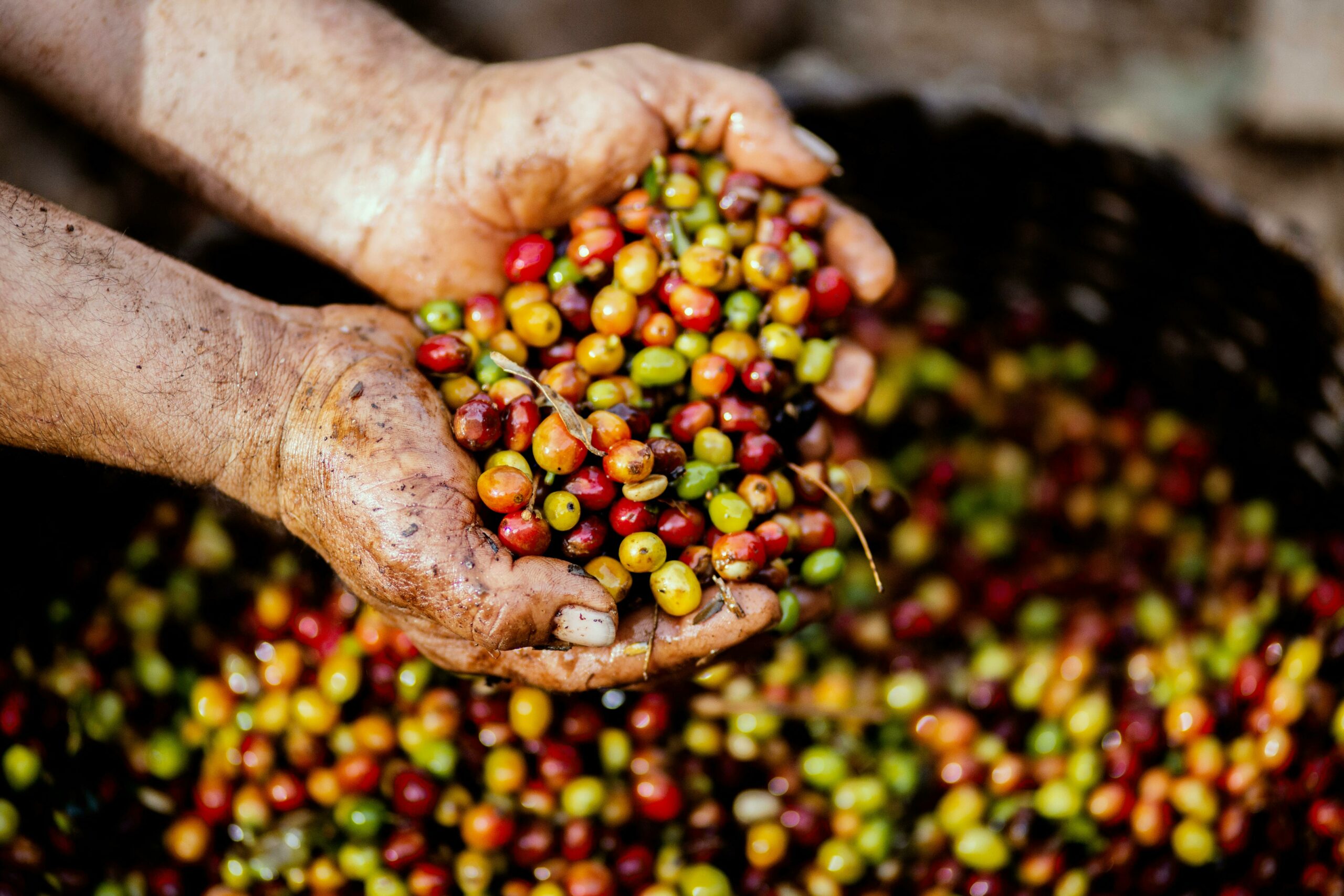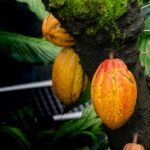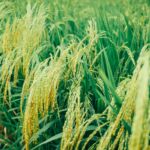Introduction and context
Coconut plantations, often receiving minimal care compared to crops like palm oil, present a less profitable and attractive option for farmers. This situation has significant implications, especially when considering the global leaders in coconut production – Indonesia, the Philippines, India, Sri Lanka, and Brazil. In these countries, coconut farming is not just an industry but a lifeline for rural economies.
Despite the increasing global demand for coconut products, there’s a struggle to meet these needs. It’s essential for current farmers and producers to adapt and prepare for the challenges and escalating demand ahead. Notably, smallholders, who account for over 98% of Southeast Asia’s coconut production, find themselves in direct competition with the palm oil industry, according to the Coconut Knowledge Center.
Yes, coconut plantations are vital for the economies and livelihoods dependent on this industry. Here are some highlights of the multifaceted challenges and potential strategies for sustainability of the coconut value chain.
Impact of Climate Change
The coconut industry faces significant environmental challenges.
Heat and water stress, increasingly common in tropical regions, are expected to severely impact coconut production. Despite the coconut palm’s historical drought tolerance, these escalating temperatures and drought occurrences could be detrimental as the reproductive processes of coconut palms are especially vulnerable to heat and severe weather. Enhancing pollination through habitat creation and artificial shelters could be a solution, as evidenced by increased fruit set in areas where bees were introduced. Furthermore, the increasing strength and danger of typhoons pose a direct threat to the sustainability of coconut plantations, impacting farmers’ livelihoods.
Social Dimensions
Economically, coconut farmers often depend solely on one primary commodity: copra and coconut grains. This reliance can lead to unstable economic conditions, as fluctuating copra and coconut prices directly affect household income. Additionally, many farmers lack the skills and knowledge needed for processing or diversifying coconut products, although every part of the fruit can be used to create economic value. A shortage of coconut farming and products also leads to shifts in local cultural behaviors and consumption patterns. The increasing price of coconut products in local markets is driving communities to switch to more affordable and available alternatives.
Economic Challenges
The economic aspect of coconut farming is marred by challenges like the declining prices of copra and nuts. Often practiced as a monoculture, coconut farming is usually the sole income source for smallholders, making them particularly vulnerable to market changes.
Case studies : Increasing Resilience of Coconut Plantations
Sustainable Coconut Production & Rejuvenation in the Philippines
The Philippines’ coconut industry, despite being historically abundant and valuable, is marked by extreme poverty among farmers. Efforts to rejuvenate the industry, especially following the devastation of Typhoon Haiyan, have been notable. Initiatives such as those outlined by Cargill’s sustainable coconut production in the Philippines and Fair TSA’s work with farmers to establish nurseries and provide training for young coconut tree care, are critical steps in this direction.
Diversification of Crops Within Coconut Plantations in Sri Lanka
Diversification is key in enhancing the resilience and economic viability of coconut plantations. Contrary to being monocropped, coconut palms are well-suited for integration with various trees and crops. This approach not only boosts farm income per unit area but also creates additional employment opportunities. It helps mitigate risks associated with fluctuating copra prices, crop losses due to pests or diseases, and extreme weather conditions. Successful intercropping hinges on the proper spacing of coconut palms and additional crops.
The Coconut Research Institute of Sri Lanka has played a pivotal role in transitioning the coconut industry in Sri Lanka. There’s a growing demand for both processed products and fresh nuts internationally. The institute has conducted extensive research on coconut-based agroforestry systems, incorporating fruits, spices, vegetables, and livestock. These systems, including nitrogen-fixing trees like Gliricidia and Calliandra, have shown potential in rejuvenating degraded coconut soil and contributing to carbon sequestration. Such findings are crucial in paving the way for multistakeholder projects, coming together to increase the resilience of the coconut sector and the smallholder farmers.
Challenges
The coconut industry faces several challenges.
- The high costs of maintaining land productivity and the aging nature of trees, which should ideally be replanted every decade, deter investment.
- The complex value chain of coconut processing, where smallholders engage in only minor processing at the farm level, results in them earning the least profit.
- The emergence and expansion of the palm oil industry, often supported by government subsidies, further threatens the coconut industry. The shift towards palm oil is driven by its lower price and the involvement of agribusinesses and corporations, which receive support from local governments in the form of subsidies, research funding, and lobbying efforts.
CONCLUSION
It’s clear that the future of the coconut industry depends on our collective ability to embrace innovation, prioritise sustainability and work together for a fairer, more resilient future. That’s how we can ensure this vital industry thrives, for the benefit of the communities that depend on it and the planet we all share. Ksapa provides the expertise, methodologies and tools to help industry players move towards schemes that address the issues raised in this article.





